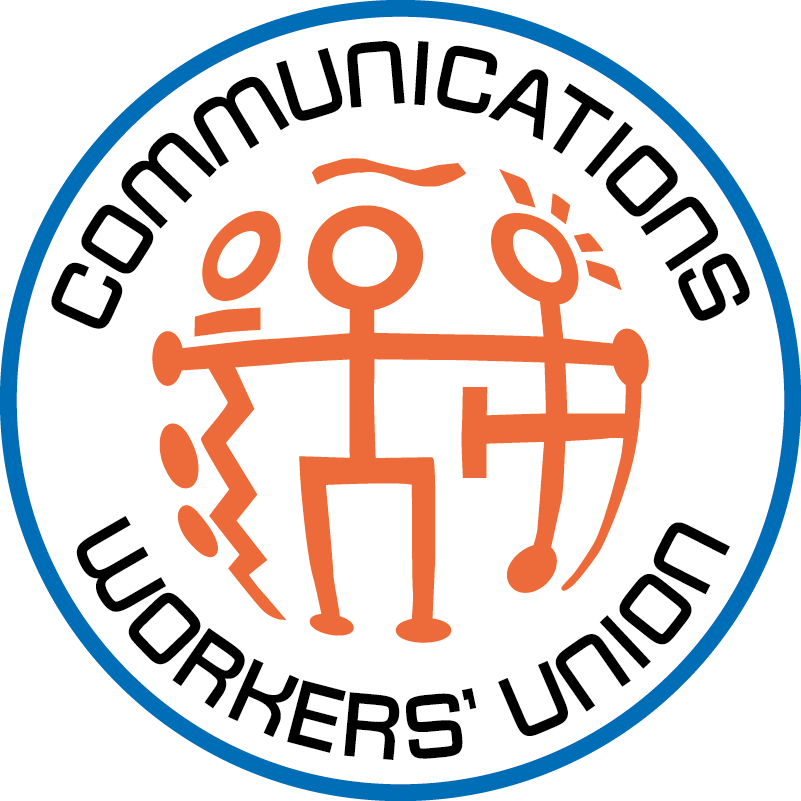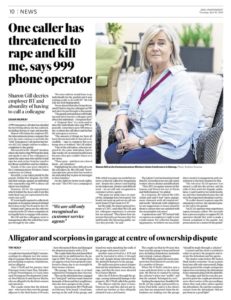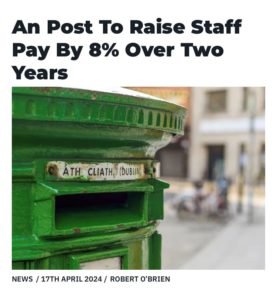
This International Women’s Day on 8 March, the CWU is supporting the UNI Equal Opportunities campaign around women’s health in the workplace.
Every year, millions of women leave work, struggle in their jobs or are prevented from reaching their potential due to health issues that primarily impact women and those assigned female at birth.
The new campaign aims to raise awareness on the need to include a gender perspective in occupational health and safety policies in relation to issues such as reproductive and sexual health; women’s health (ovarian, breast cancer); mental health; and pregnancy and loss, amongst others.
“Women are essential to the workforce but too many are leaving jobs because of health issues that could be made a lot easier to bear through flexible and supportive policies in the workplace. Women are suffering in silence finding it too difficult to talk about health problems with their employers or colleagues. This has got to change,” said Veronica Fernandez Mendez, Head of UNI Equal Opportunities.
A recent study in the UK, found that up to a million women could be forced out of work due to lack of support for the menopause this year alone. One in ten women suffer from endometriosis, a debilitating and painful gynaecological condition. Recent research in Australia revealed that one in six women, transgender or non-binary people with the condition have lost jobs due to the impact of endometriosis on their work.
Women also are more likely to have greater caring responsibilities, leading to additional mental burden and stress which in turn affects their ability to do their job or even stay in work. These strains, have been compounded by the Covid-19 pandemic, leading to women dropping out of the labour market at an alarming rate.
COVID-19 also highlighted the problem that personal protective equipment is often designed for men’s bodies only, making it ill-fitting and ineffective. In other cases, women working in female dominated sectors, such as hair and beauty and cleaning are exposed to chemicals causing skin problems and allergies.
“Unions can help to raise awareness of health issues impacting women and push for policies that provide the necessary support to keep women in work. That’s not only good for women, but good for employers too,” said Christy Hoffman, General Secretary of UNI Global Union.



